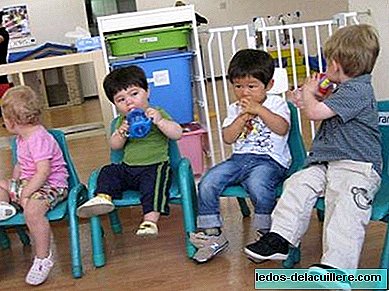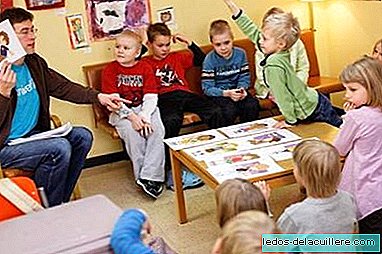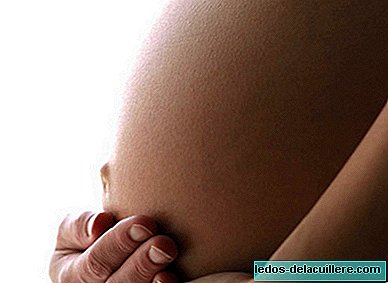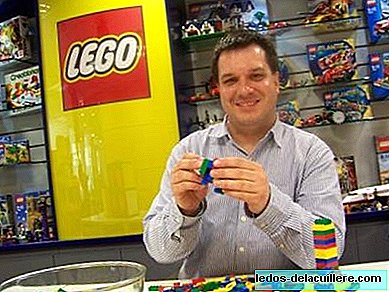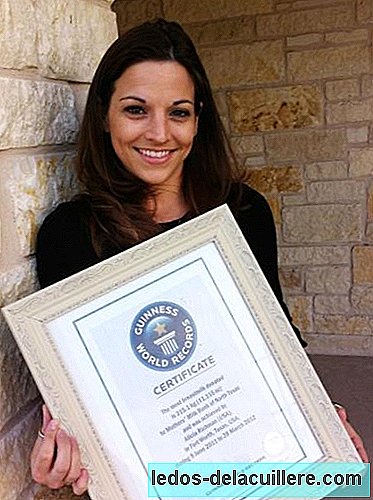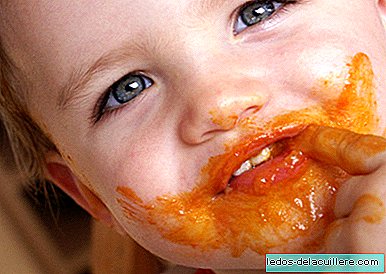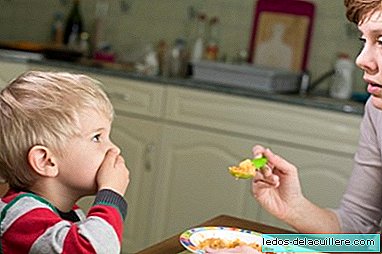
They call it the silent enemy and the truth is that I have been thinking for a while that it is very true. The sugar we consume, the added sugar we consume and that we contribute to our daily diet, it is becoming a condemnation for our health, for the health of our family, for the health of our children.
We consume too much sugar in our diet and our children too, what is a problem now and what is even worse: it will be in the future.
Knowing the problem they say is the first step to be able to tackle it, so today we get sweet. How much sugar are you consuming almost without realizing it? Do you really know?
I was not so clear until recently and the surprise has not been pleasant precisely, we consume more added sugar than we think and what we should That in the medium and long term is the most worrisome.
The World Health Organization (WHO) recommends not consuming more than 12 teaspoons of sugar daily although he points out that the ideal intake would be 6 teaspoons.
If you are with a cola in your hand, you can leave it because only one can already has more than the recommendation we just talked about, more than 12 teaspoons of sugar in a single can of soda. It would be good to ask yourself a question, how many cans can you drink in a week? Then take an account of the amount of sugar you are eating without knowing it and what it means for your health.

Why not warn him?
It is not just about warning about the amount in milligrams of sugar it contains, but about warning about how negative its consumption is, because it is, because there are doctors in this country who openly consider that the sugar-related industry at this time It is like a few years ago the tobacco-related industry, untouchable yes but perhaps poisonous too.
Three years ago the Catalan Generalitat considered putting a tax on sugary drinks, to the aforementioned soft drinks but that attempt remained nothing, it was diluted like a sugar in the water before the supposed pressures that are said that were made from instances such as the American embassy.
Two years later, in 2015, researchers at Harvard and the Imperial Collegue in London reached somewhat negligible figures on the effect of the consumption of sugary drinks on the English population. They talked about that More than 130,000 people die each year from diabetes alone and 45,000 from cardiovascular disease.
Figures that should be remembered when we open a can of soda or when we shake the sugar envelope for our coffee before throwing it into the cup, don't you think?

Infant consumption
And no, it's not just about soft drinks. Cookies, chocolates, industrial pastries are products that are loaded with sugar, but they also “give us” some of them palm or hydrogenated fats, which makes them even more pernicious products for our health and no longer let's say for that of our children.
It's chilling to know how food aimed at children They do not look as much for their nutritional quality as for their taste, for their sweetness. Foods processed and directed directly to our children with sugar contributions that should lead us precisely to never offer them, because we are concerned about their health.
90% of breakfast cereals aimed at children They have a high percentage of sugar and a low nutritional content. They come loaded with empty calories, calories that completely unbalance our children's diet.
According to all experts in this field of nutrition, these are products that are easy to relate to the high rates of childhood obesity that we are already having in our cities.

Out of sight
A childhood obesity that however it seems that some fathers and mothers do not know how to see according to the data published by the OCU on the subject, Only 23% of parents recognize that their son or daughter is overweight and only 0.2% consider that they have a health problem.
It's not about obsessing with weight or making our children obsess but We are responsible for your education and education when it comes to eating well, in a balanced way, it also has to be taken into account.
38% of the parents analyzed by the OCU use food as a reward with their children and we all know that in these cases the supposed reward is not usually a salad or a piece of fruit, but something that is not especially beneficial precisely for health of the "rewarded".
There is something to always keep in mind, minors are responsible for determining whether they eat or not, the amount of what they eat and even on many occasions the time it takes to ingest it but we, their parents, are responsible for what they ingest be beneficial for them, be healthy, be adequate and this is something that we cannot and should never forget.



